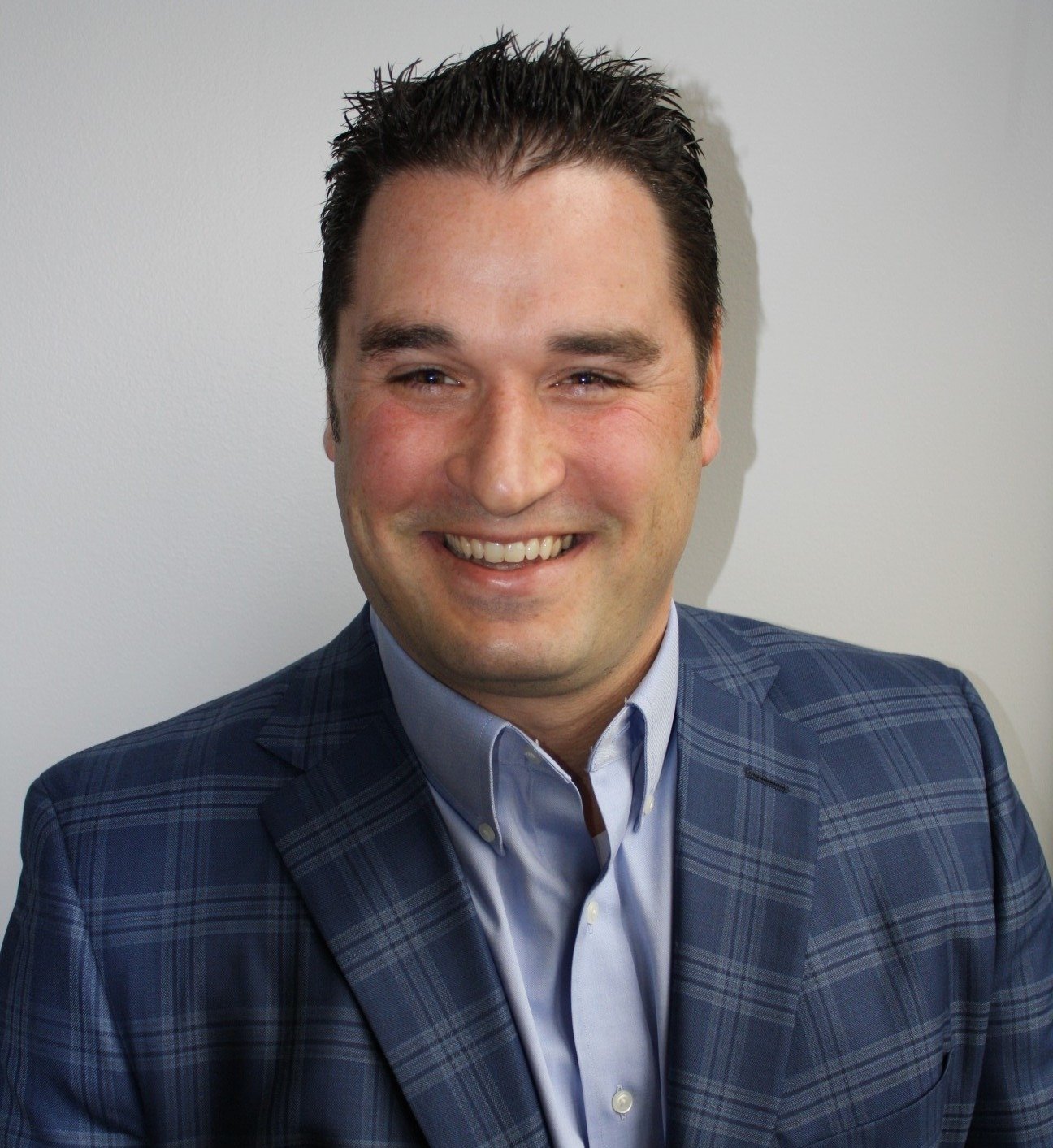Why Financial Institutions Should Implement Universal Tellers
How many of you have ever been to the Apple store before?
4 min read
 Sean Farrell
:
Sep 22, 2015 7:30:00 AM
Sean Farrell
:
Sep 22, 2015 7:30:00 AM


Our article about why Financial Institutions should look to implement universal tellers, has been very well received. But we still get asked the question about whether or not universal tellers are a right fit for their environment.
The answer typically is: It depends. We believe that that staffing model offers efficiency and enhances revenue production. However, with any new concept, there are pros and cons to consider that help determine if the universal staffing model is the right one for your institution.
One of the most common complaints or comments we hear from our clients about their branch environment is that they have separate tellers and CSRs/MSRs and usually it’s rare that both are busy at the same time.
If we take a traditional branch environment that is utilizing 4 full-time tellers and 3 full-time platform associates, it becomes very difficult to keep either side of that house fully optimized with the typical peaks and valleys associated with the normal branch environment.
Typically you run into a situation where the teller line hits a peak and your platform people are reluctant to step in and help due to the burden of opening a drawer for a short amount of time and balancing that drawer.
Secondly, in the event the client service side gets busy, there isn’t usually a way for a teller to handle some overflow there due to lack of preparedness. So you find yourself stuck in the same situation many institutions find themselves in of supply and demand.
You have the right number of people or even MORE than the right number of people to accomplish the job, but based on them operating in separate silos efficiency of the model can break down quickly.
The Universal Teller Model offers a number of endearing qualities both to the CFO and the customer or member base of your financial institution:
- Staffing Efficiency – If we take the challenge in the typical environment above, there are 7 total FTE including both silos. Most of the time in a universal staff arrangement, 4 or 5 universal bankers can achieve the same productivity if not more than the 7 people can.
- Revenue Focus – The universal staff is trained to handle transactions and develop a greater understanding of how customer relationships impact the bottom line of your FI.
Once training has set in, you now have a more engaged employee base looking to grow relationships and offer valuable solutions to clients that solve their problems and generate revenue for your institution.
With the branch still residing as the place most products are sold by a wide margin, universal tellers create an environment where employees are vested in handling any transaction that the client came in to do today and see if there is more you as a financial institution can be doing to help them achieve their dreams.
- Compensation and Drive – While a Universal Teller may cost more in dollars and cents than just a standard teller, you now have a person who is vested in the success of the company and the client.
They have a better concept of how they impact the success and are driven to find good ways to help clients achieve their dreams by utilizing the products the company has to offer. With this greater understanding, it becomes less about balanced transactions and more about building relationships, which is what’s going to drive your growth as a business.
If you take in combination the Pros of this model, you end up with an overall reduction in non-interest expense on the staffing line, which is typically the largest overhead item for any financial institution.
While you are taking advantage of the cost reduction of staff, you are reaping the rewards of a more engaged base of employees that are determined to help your customers solve their challenges the right way.
This process does require training and even on-going training, however, it does allow you to hire a different type of staff or possibly migrate staff from other roles or other locations to help this model succeed. Sounds great right? Where could this go wrong? Let’s talk about some Cons.
I think there are some challenges that can occur when transitioning to this model and I wanted to address them here.
- Training – It does take a significant effort on the training of your staff to make this successful. I would argue 1 year of training and on-going support tends to lead to the best results. Training leads to productivity faster and making cross-selling less “salesy” and more helpful.
- Direction – If design hasn’t been taken into consideration for either a new branch or a branch remodel, sometimes the Universal Teller environment, usually accompanied by a POD concept, can cause confusion as where to go for help.
You as the institution really need to consider how you let the customer base know where to go and focus a strong attention on greeting the client upon entry to drive a positive interaction.
No customer likes to walk into a new environment and feel confused about where they should proceed to accomplish their task. Good branch design can lead to colored paths or other visual cues that make it near unmistakable where to go for help in the branch.
- Existing Staff Buy-In – Truly, there can be tellers who won’t make the mental shift to this environment well. You need to have a plan for these employees.
Sometimes they can be moved to another branch in the system that still operates in a traditional manner and perhaps another teller at that location could make the swap to the universal model more effectively.
You need to know that just because someone has been a model teller, balanced to the penny every day for 20 years, doesn’t ensure success in this type of environment. You need to do your best to determine who these people are and see if they still fit somewhere else in the company that can still bring value.
- Teller Transactions are Lop-Sided – It behooves you as an organization to understand that not all branch operates the same way. There still are some branches that are so transactional focused that deploying universal staff may not be the right answer for that location.
Sometimes you simply need A player tellers to mow through transactions because that’s what really goes on a particular location and focusing on cross-selling may only slow down the customer experience and lead to frustration.
We are a huge proponent of the univerasl staff concept and believe that more branches would be helped by the concept than hurt. You also want to make sure you equip these locations with the technology tools to accomplish the transaction piece.
Cash Recyclers have become almost a must-have tool to operate this environment well. To learn more, read our articles on why cash recyclers are the cornerstone of Universal Staff environments and how they can improve teller line operations.

How many of you have ever been to the Apple store before?

It's late Friday afternoon, and each lane of your drive-through is five cars deep. Inside the lobby, the line at the teller counter has tripled in...

Automation Avenue Episode 12 - Universal Tellers: Pros, Cons and Best Practices for Your Team This podcast discusses the reasons why you should...